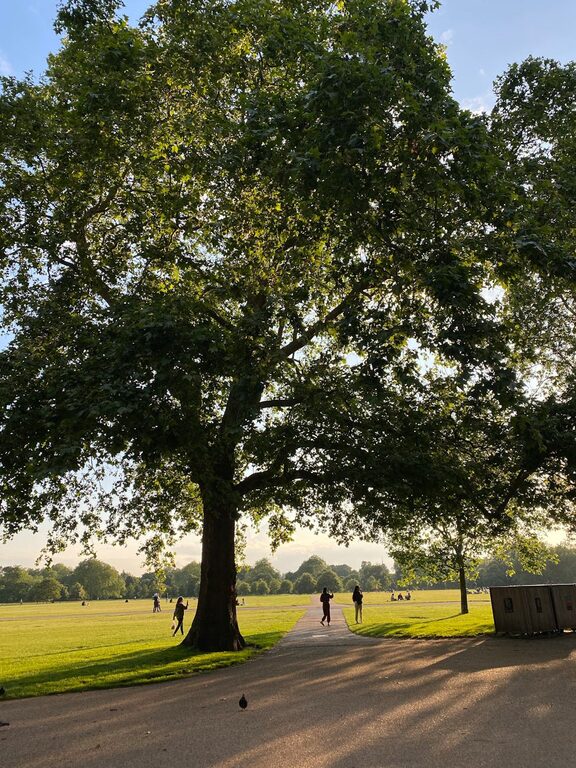Taking a break from a busy week and enjoying a no-stress weekend can do wonders for your overall well-being. However, sometimes weekends can become just as hectic as weekdays if not planned thoughtfully. The good news is that with a little preparation and mindful choices, you can create a peaceful weekend that helps you recharge and feel refreshed. This guide offers simple, practical tips on how to plan a no-stress weekend that truly allows you to unwind.
Why Planning a No-Stress Weekend Matters
Weekends are designed for rest and leisure, yet many people find themselves rushing from one activity to another or worrying about unfinished tasks. Planning a no-stress weekend helps you:
– Reduce anxiety and mental clutter
– Boost energy and creativity
– Improve rest and sleep quality
– Strengthen relationships and social connections
– Cultivate habits of self-care and mindfulness
With these benefits in mind, let’s explore how to design a weekend that supports relaxation and joy.
Step 1: Set Realistic Expectations
One cause of weekend stress is setting overly ambitious plans or trying to “do it all.” Instead, be realistic about what you can accomplish and what you want to feel by Sunday evening.
– Prioritize activities that bring you happiness or rest
– Don’t fear saying no to obligations or social events if you need downtime
– Recognize that some things can wait until Monday
Step 2: Make a Simple Weekend Plan
A little structure helps prevent aimlessness or last-minute decisions that can become stressful. Yet your plan should remain flexible enough to follow your energy and mood.
How to create your weekend plan:
– Write down 2 or 3 key activities you’d like to enjoy
– Include time for rest, meals, and light physical activity
– Schedule blocks of free time to relax or spontaneously try something new
– Avoid overbooking; leave space between commitments
Step 3: Declutter Your Environment
A cluttered space often leads to a cluttered mind. Before the weekend, take some time to tidy up your living space.
– Make your bed and clear surfaces
– Put away work-related materials and devices if possible
– Create a cozy nook for reading, meditating, or relaxing
A clean, calming environment sets the tone for a peaceful weekend.
Step 4: Disconnect from Work and Digital Stressors
Constant connectivity can add to weekend stress. Creating boundaries with technology helps you recharge.
– Set specific times for checking emails or social media
– Turn off work notifications
– Consider a digital detox for a few hours or an entire day
– Use apps or features that limit screen time if needed
Step 5: Prioritize Rest and Sleep
Good sleep is vital for feeling refreshed. On your no-stress weekend, give yourself permission to catch up on rest.
– Go to bed and wake up around the same time both days
– Avoid caffeine and heavy meals close to bedtime
– Create a relaxing pre-sleep routine like reading or gentle stretching
– Consider a short nap if you feel tired during the day
Step 6: Enjoy Gentle Physical Activity
Moving your body can improve mood and reduce tension without creating stress.
– Take a leisurely walk in nature or your neighborhood
– Try gentle yoga or stretching
– Dance to your favorite music at home
– Avoid intense workouts if you want to focus on relaxation
Step 7: Engage in Activities You Love
Make time for hobbies, creative projects, or anything that brings you joy.
– Cook a favorite meal or bake something new
– Read a book or listen to an audiobook
– Practice a craft, painting, or writing
– Watch a feel-good movie or documentary
Step 8: Connect with Loved Ones Mindfully
Spending quality time with friends or family can replenish your emotional energy.
– Plan a casual gathering or coffee date
– Have meaningful conversations without distractions
– Respect your own need for solitude if that feels best
Step 9: Practice Mindfulness and Relaxation Techniques
Incorporate simple mindfulness habits for deeper relaxation.
– Try meditation or deep breathing exercises
– Use aromatherapy or calming music
– Take a warm bath or shower focusing on sensation
Step 10: Reflect and Adjust for Next Weekend
At the end of your weekend, take a moment to reflect.
– What activities helped you relax the most?
– Were there any stress triggers to avoid or manage differently?
– How can you improve your weekend planning moving forward?
This reflection helps you build better habits and enjoy even more restful weekends.
—
By following these steps, you can design a no-stress weekend tailored to your needs. Remember, the goal is to prioritize relaxation and joy rather than productivity or perfection. With deliberate planning and mindful choices, your weekends can become a true sanctuary from everyday stress. Try out these tips next weekend and feel the difference a peaceful break can make!

